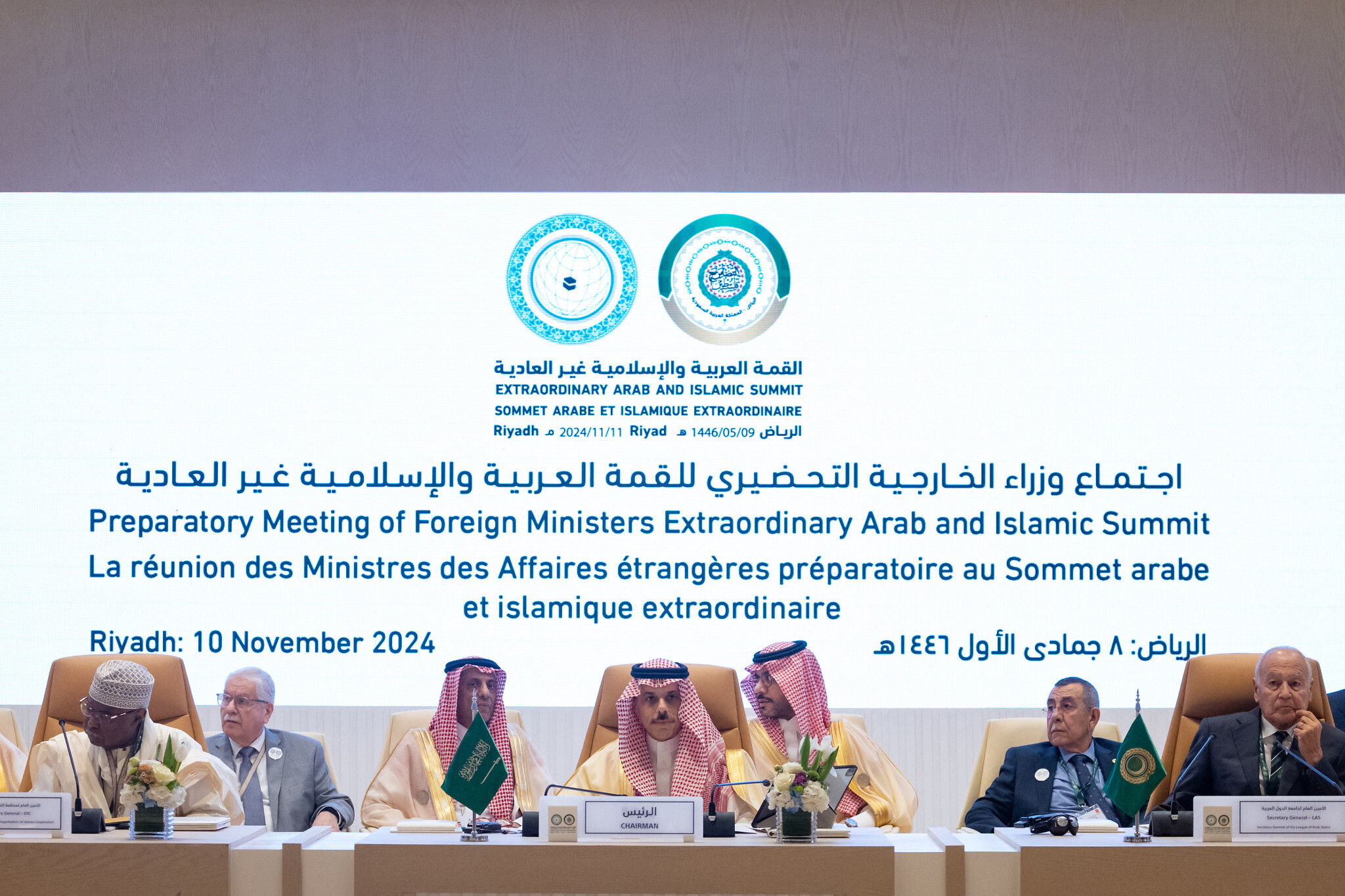FearlessRoar
T20I Star
- Joined
- Sep 11, 2023
- Runs
- 30,521
The recent escalation in the Middle East has left the world witnessing the plight of Palestinians in Gaza. While pro-Palestine student protests have swept across US universities, the Arab world remains eerily silent. This silence is not due to a lack of concern but rather a complex web of factors that have led to a paralysis of action.
Firstly, the identity of Arab people has undergone a significant shift. The traditional pan-Arabic and Islamic identities that once united Arabs under a common cause have given way to national and sub-national identities. This shift has led to a decline in solidarity among Arabs, making them less invested in the Palestinian cause.
Secondly, the suppression of organized Arab civil institutions has left a vacuum in societal leadership. The Muslim Brotherhood, once a powerful force in the Arab world, has been declared a terrorist organization by several Arab states, silencing a key voice for Palestinian rights.
Thirdly, economic interests have taken precedence over political convictions. Arab elites prioritize their business ties with Western states, fearing any action in support of Palestine would harm their economic interests.
Lastly, the threat of Western powers has intimidated Arab governments into silence. The pro-Israeli global powers have made it clear that any support for Palestine will come at a cost, leaving Arab governments hesitant to take a stand.
This silence may seem like a temporary solution, but it's a ticking time bomb waiting to explode. The energy accumulated on the fault lines of Arab discontent will eventually release, leading to unpredictable consequences. The Arab world must find a way to reconcile its identities, rebuild its civil institutions, and prioritize justice over economic interests. Only then can it reclaim its voice and stand in solidarity with the Palestinian people.
Firstly, the identity of Arab people has undergone a significant shift. The traditional pan-Arabic and Islamic identities that once united Arabs under a common cause have given way to national and sub-national identities. This shift has led to a decline in solidarity among Arabs, making them less invested in the Palestinian cause.
Secondly, the suppression of organized Arab civil institutions has left a vacuum in societal leadership. The Muslim Brotherhood, once a powerful force in the Arab world, has been declared a terrorist organization by several Arab states, silencing a key voice for Palestinian rights.
Thirdly, economic interests have taken precedence over political convictions. Arab elites prioritize their business ties with Western states, fearing any action in support of Palestine would harm their economic interests.
Lastly, the threat of Western powers has intimidated Arab governments into silence. The pro-Israeli global powers have made it clear that any support for Palestine will come at a cost, leaving Arab governments hesitant to take a stand.
This silence may seem like a temporary solution, but it's a ticking time bomb waiting to explode. The energy accumulated on the fault lines of Arab discontent will eventually release, leading to unpredictable consequences. The Arab world must find a way to reconcile its identities, rebuild its civil institutions, and prioritize justice over economic interests. Only then can it reclaim its voice and stand in solidarity with the Palestinian people.














